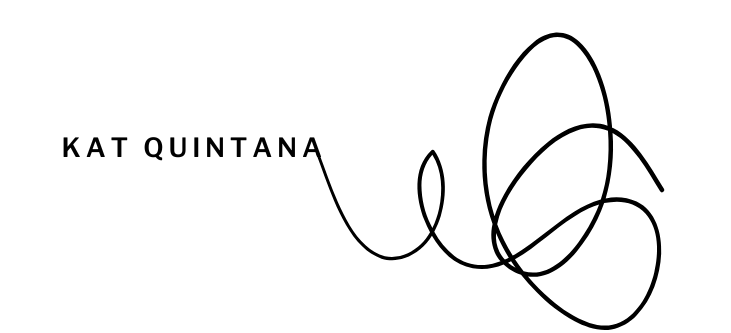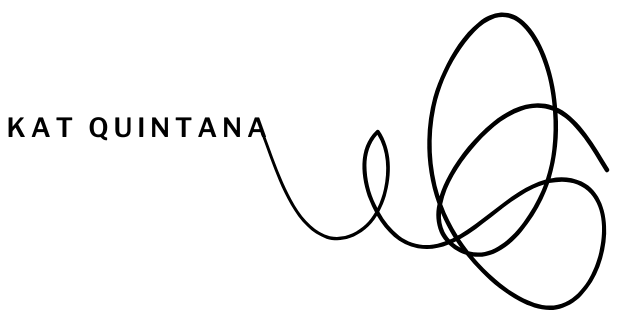What happens when healing doesn’t follow the rules? Across cultures, conditions, and belief systems, people have experienced profound healing that Western medicine can’t always explain. These 17 case studies offer real-world examples of how alternative healing has had profound effects on individuals’ lives. Each one offers insight into the emotional, physical, and spiritual layers of recovery and well-being.
Alternative Healing v. Western Medicine
In the world of healthcare, the approach to healing can vary dramatically. Western medicine, often referred to as allopathic medicine, conventional medicine, or conventional care, focuses on diagnosing and treating diseases through pharmaceuticals, surgeries, and technology. While effective in many cases, it tends to address symptoms rather than underlying causes.
Alternative healing, on the other hand, emphasizes holistic care: treating the whole person rather than just the disease. Practices such as nutrition, lifestyle changes, mindfulness, mind-body connection, and natural therapies aim to restore balance within the body and promote overall wellness. While these methods have gained significant recognition in recent years, they often challenge the established norms of Western medicine.
Inspiration for Wellness Learners and Wellness Leaders
These alternative healing case studies are organized to support you in two ways:
✓ Wellness learners will find reflective prompts to deepen their understanding of holistic and integrative healing.
✓ Wellness leaders will find reflective prompts to apply these insights to messaging, care models, or business practices.
Each story invites you to expand your sense of what’s possible. Some challenge clinical assumptions. Some spotlight the power of deep listening. All are worth sitting with.
Dr. Joe Dispenza’s Healing Journey
Summary
After suffering a severe spinal injury that left him paralyzed, Dr. Joe Dispenza was told by doctors that he would never walk again. Instead of opting for surgery, he chose to use meditation, visualization, and focused mental techniques to heal his body. Through dedication and belief in the power of the mind-body connection, he not only regained full mobility but also became a leading advocate for the mind’s ability to influence physical health. Today, Dr. Dispenza teaches others how to harness this connection to promote healing.
Reflective Questions for Learners
- What mental or emotional patterns might be blocking your ability to heal or thrive?
- How can you incorporate meditation or mindfulness into your routine to help heal your body and mind?
- How can you start shifting your mindset from “I’m sick” to “I am healing”?
Reflective Questions for Leaders
- How can you encourage your team or community to embrace mindfulness or meditation as a tool for personal and professional growth?
- How does fostering a healing or supportive environment in your leadership role align with your goals for creating impactful change?
- What strategies can you adopt to lead by example when it comes to mind-body connection and holistic well-being?
Continue Exploring Dr. Joe Dispenza’s Story
The Gerson Therapy: A Natural Approach to Cancer
Summary
Dr. Max Gerson developed a groundbreaking nutritional-based therapy designed to treat chronic diseases, with a particular focus on cancer. His method centers around a plant-based, organic diet, detoxification, and the use of fresh juices to detoxify and nourish the body. Over the years, many patients have successfully healed from terminal cancer using the Gerson method, demonstrating its potential as a powerful alternative to conventional treatments. Today, the Gerson Therapy continues to inspire those seeking holistic approaches to health and healing.
Reflective Questions for Learners
- Have you ever considered detoxification or plant-based nutrition as part of your health journey? Why or why not?
- How does this case study challenge or support your beliefs about the body’s ability to heal itself?
- If you were to adopt even one part of this protocol, what might it be? What kind of results would you hope for?
Reflective Questions for Leaders
- How can you incorporate education about detoxification and nutritional healing into your wellness offerings or leadership strategy?
- What role does medical freedom play in your leadership philosophy, and how does this case study reinforce or challenge that?
- How do you currently support or educate your audience about alternatives to conventional healthcare (if at all)?
Visit the Gerson Institute Website
Dr. David Perlmutter’s Work on Gut Health and Brain Function
Summary
Neurologist Dr. David Perlmutter emphasizes the crucial mind-body connection and explores how the health of our gut plays a significant role in brain function. In his research, he uncovers how an imbalanced gut can influence a variety of conditions, including Alzheimer’s, depression, and anxiety. In his bestselling book Grain Brain, Dr. Perlmutter links nutrition directly to cognitive function, highlighting the impact of diet on mental health. His work advocates for dietary changes as a powerful tool in preventing and even reversing brain-related disorders.
Reflective Questions for Learners
- How often do you consider the long-term effects of your diet on your mental clarity and emotional well-being?
- What are some small changes you could make to reduce sugar or processed carbohydrates in your routine?
- Do you feel empowered to research alternative approaches to brain health beyond pharmaceutical solutions?
Reflective Questions for Leaders
- How does this perspective on brain health shift the way you communicate about lifestyle medicine or chronic disease prevention?
- In what ways might your audience benefit from greater education about the link between food and cognitive function?
- Could you share your own food or brain health journey as a way to connect more authentically with your community?
Go to Dr. David Perlmutter’s Website
The Wim Hof Method
Summary
Wim Hof, widely known as “The Iceman,” has demonstrated that a unique combination of controlled breathing, cold exposure, and meditation can significantly improve physical health, boost immunity, and enhance mental resilience. Through rigorous scientific studies, his method has been shown to reduce inflammation, decrease stress levels, and increase athletic performance. The Wim Hof Method continues to gain global recognition for its powerful effects on both the body and mind, offering individuals a natural way to optimize health and mental clarity.
Reflective Questions for Learners
- Have you ever tried breathwork, cold showers, or mindfulness to address physical discomfort? What did you notice?
- How might this method teach you something new about your nervous system or emotional regulation?
- What resistance or fears come up for you around physical discomfort, and what might Wim Hof’s philosophy offer in response?
Reflective Questions for Leaders
- How could the Wim Hof Method inform your understanding of stress, resilience, and self-leadership?
- Would adding elements of controlled discomfort or breathwork deepen your current wellness offerings?
- How do you help your audience navigate the line between challenge and trauma in physical or mental health practices?
The Success Story of Anita Moorjani
Summary
Anita Moorjani was diagnosed with terminal cancer and placed in a coma, where she experienced a profound near-death experience. During this experience, she gained deep insights into the mind-body connection and the transformative power of self-love. Upon returning to her body, Anita experienced a remarkable and unexpected healing, defying all medical expectations. Today, she shares her powerful story of healing, transformation, and the importance of living authentically and with self-compassion.
Reflective Questions for Learners
- How often do you prioritize self-love and self-care in your life? In what ways can you improve this?
- In what ways might fear or limiting beliefs be affecting your health or well-being?
- How can you begin to trust your inner wisdom more deeply to navigate your healing process?
Reflective Questions for Leaders
- How can you create a culture of self-care and self-love within your workplace or community?
- What practices can you implement to help your team members embrace their personal growth and healing journeys?
- How do you currently encourage vulnerability and emotional well-being within your professional relationships?
Visit Anita Moorjani’s Website
[TO BE CONTINUED]
Healing invites us to stay open.
As you move through your life – whether you’re learning, practicing, creating, leading, or caring for others – these case studies can serve as quiet companions. Some will resonate now, others later.
Let them stay with you. Let them work on you.
There’s value in returning to real stories. They remind us that bodies change, beliefs evolve, and people often surprise us with what they’re capable of. Healing may not always follow a familiar pattern, but it often leaves a meaningful trail.
Use what you’ve gathered here to support your decisions, nourish your curiosity, and guide your next step – whether it’s a conversation, a new offering, or simply a deeper breath.


